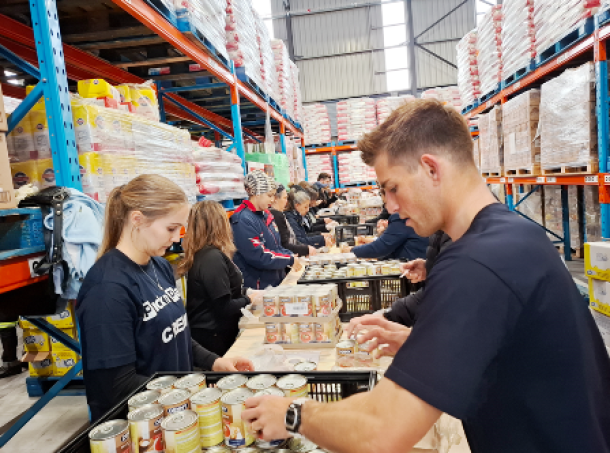Why CSI should be an extension of company culture
Companies are realising that Corporate Social Investment(CSI) should no longer be viewed in isolation as a stand-alone portfolio, but rather an integral part of a sustainable business plan.
So says Hanifa Jassiem, HR Manager, Talent and Culture at leading value retailer, Ackermans. “CSI is now a formalized and recognised part of corporate South Africa – with companies big and small buying into their responsibility to promote holistic business health and longevity.”
However, for a CSI programme to add genuine value to people’s lives, the same care should be taken when formulating this programme than with any other part of the business plan.
“Time and monetary investment should be taken into account when devising a CSI programme, but there are a number of other important considerations that are equally integral,” explains Jassiem.
Jassiem unpacks three important considerations which she believes to be intrinsic to the formation of a rewarding and sustainable CSI programme, which will add long-term value to beneficiaries, as well as the business.
CSI is an extension of company purpose
Jassiem believes that an organisation’s CSI programme should be viewed as an extension of the company’s purpose. “Ackermans’ purpose is to bring value to the lives of not only its customers, but also its employees, various stakeholders and community. Ackermans’ CSI programme ‘Ububele’ (translated from Xhosa means kindness and generosity) is seen as a tactile embodiment and extension of this purpose, as it applies to the community, employees and the environment.
“This approach allows us to do more for - and give back to - the very people who build our business. Each Ububele pillar compliments and supports the other and every action we take speaks directly to our purpose.”
And it makes business sense too. “Aligning our CSI objectives with our company purpose and business intent underscores our commitment. It demonstrates that Ububele is as important as everything else we do.”
Before Ackermans opens a new store, it reaches out to members of the neighbouring communities to understand how it can support and partner with those specific communities. “More often than not, it has less to do with the amount of money you spend, but rather your intention - and the spirit in which you do things – that makes the biggest difference to members of these communities.”
Converse with your customer to understand what will add the most value
Jassiem believes that it is equally crucial to understand who your customer is, and what is important to them. “Ultimately, your customer should be at the heart of every business decision you make.”
Ackermans regularly conducts extensive research to gain customer insight, and the retailer “identified that the majority of customers were mothers who were often the primary breadwinners in their families, and thus were under extreme financial pressure.”
It was also discovered that despite all the challenges mothers faced on a daily basis, the wellbeing of their children was a pivotal focus of their lives.
Added to the financial pressures faced by many families in South Africa is limited access to quality Early Childhood Education in South Africa. Thus Ackermans – through Ububele – embarked on a three-year pilot programme to fully understand the needs, challenges and solutions needed to make a difference to the sector.
“In partnership with PRAESA (Founder of Nal’ibali) and Wordworks, we developed and implemented a unique story play programme at a number of schools and crèches in the Western Cape, which aimed to support teachers, learners and parents.
“By instilling an understanding that storytelling boosts language skills, and through feeding the imagination of children we develop abstract thought which is critical for future learning in literacy and numeracy.”
CSI is intrinsically linked to your company culture
“Your CSI projects should never feel like an ‘effort’ for staff, says Jassiem. It needs to be an integral part of your culture, and one way of achieving this is through involving your employees as far as possible.”
Ububele is a part of every Ackermans employee’s life, through the company’s volunteer programme.
“Each year, across all areas of the business, employees come together in teams and spend a full work day in our customer communities to bring value to deserving charities of their choice. While Ackermans provides some budget, and a paid day of leave, what makes this so special is what the teams do over and above what they are given. The time, effort and sheer hard work our employees put in to making a difference in our customer’s communities is outstanding and as a result, so are the outcomes.”
“This promotes an ecosystem of kindness, with employees gaining a genuine understanding of how each element of their environment is connected and interdependent, and why everyone needs to play a role in contributing towards the success of our communities,” she concludes.
News Category
- International retailers
- On the move
- Awards and achievements
- Legislation
- Wine and liquor
- Africa
- Going green
- Supplier news
- Research tools
- Retailer trading results
- Supply chain
- Innovation and technology
- Economic factors
- Crime and security
- Store Openings
- Marketing and Promotions
- Social Responsibility
- Brand Press Office
Related Articles
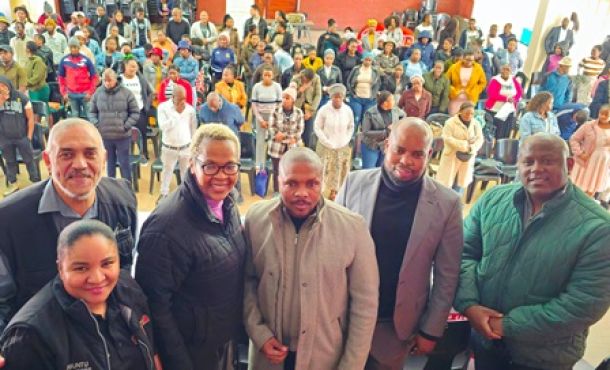
Successful farmer’s training project launches i...
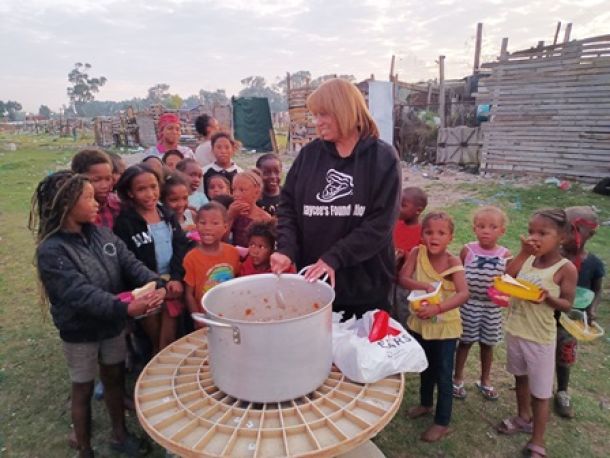
Engen’s Charmaine Le Breton secures support for...
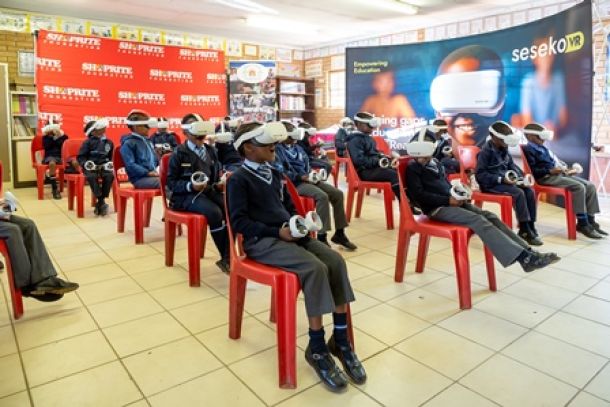
Virtual reality and access to clean water for S...
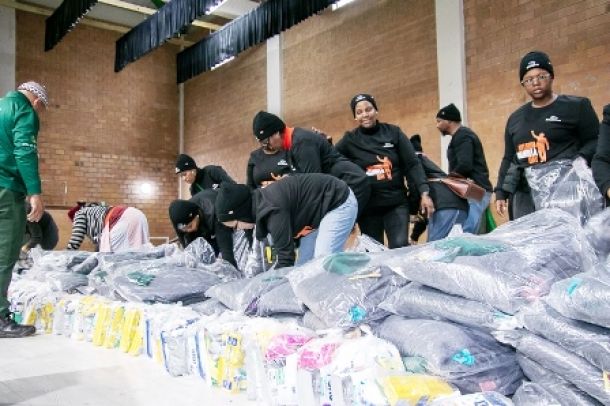
Gift of the Givers and Engen join hands for Mad...
